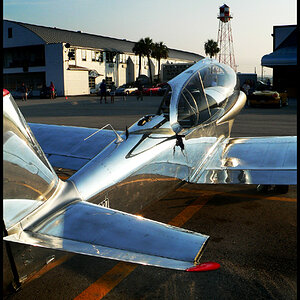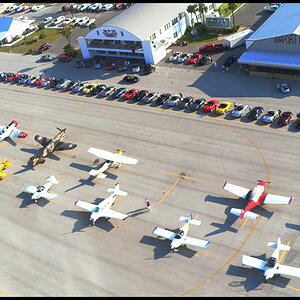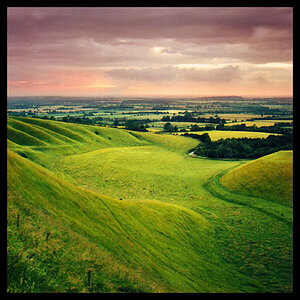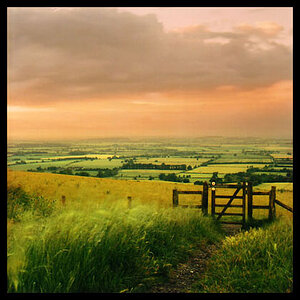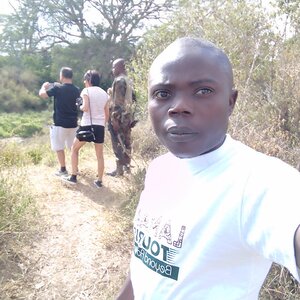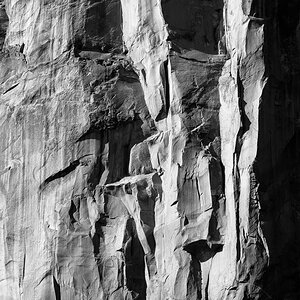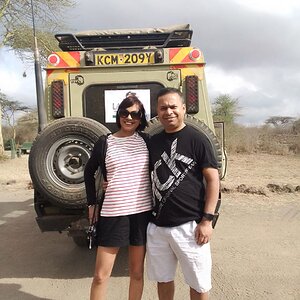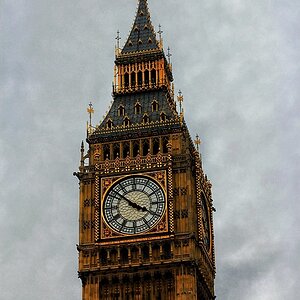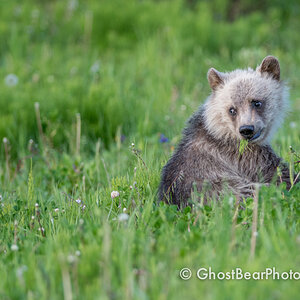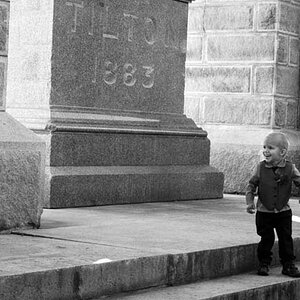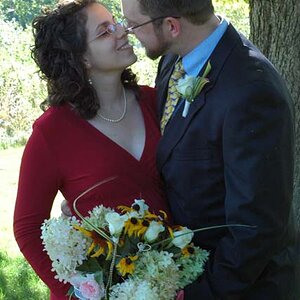craig
TPF Noob!
- Joined
- Oct 30, 2003
- Messages
- 5,600
- Reaction score
- 21
- Location
- Hermosa Beach, CA U.S.A
- Website
- craigblank.com
Excellent thread. Learning for me has been taken on all levels. Currently I learn by visual only. I will look at a photo and say Aha! he used 4 lights as opposed to my 3 or what ever. These days I also have to see it then do it. Books are ok I guess, but I just do not retain the info that well.
More importantly I love your 3d portfolio. Why is there no colour in it?
Love & Bass
More importantly I love your 3d portfolio. Why is there no colour in it?
Love & Bass


